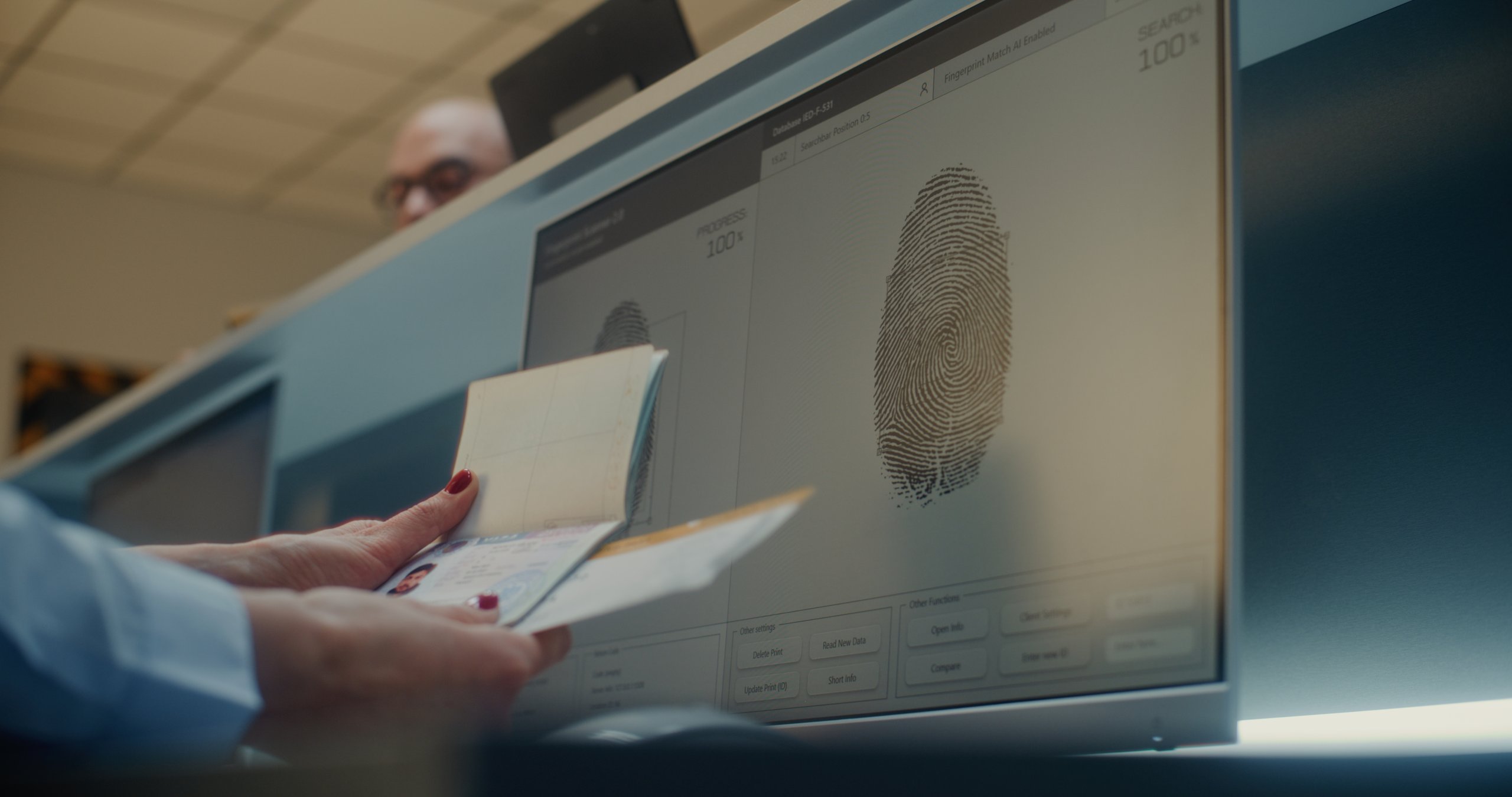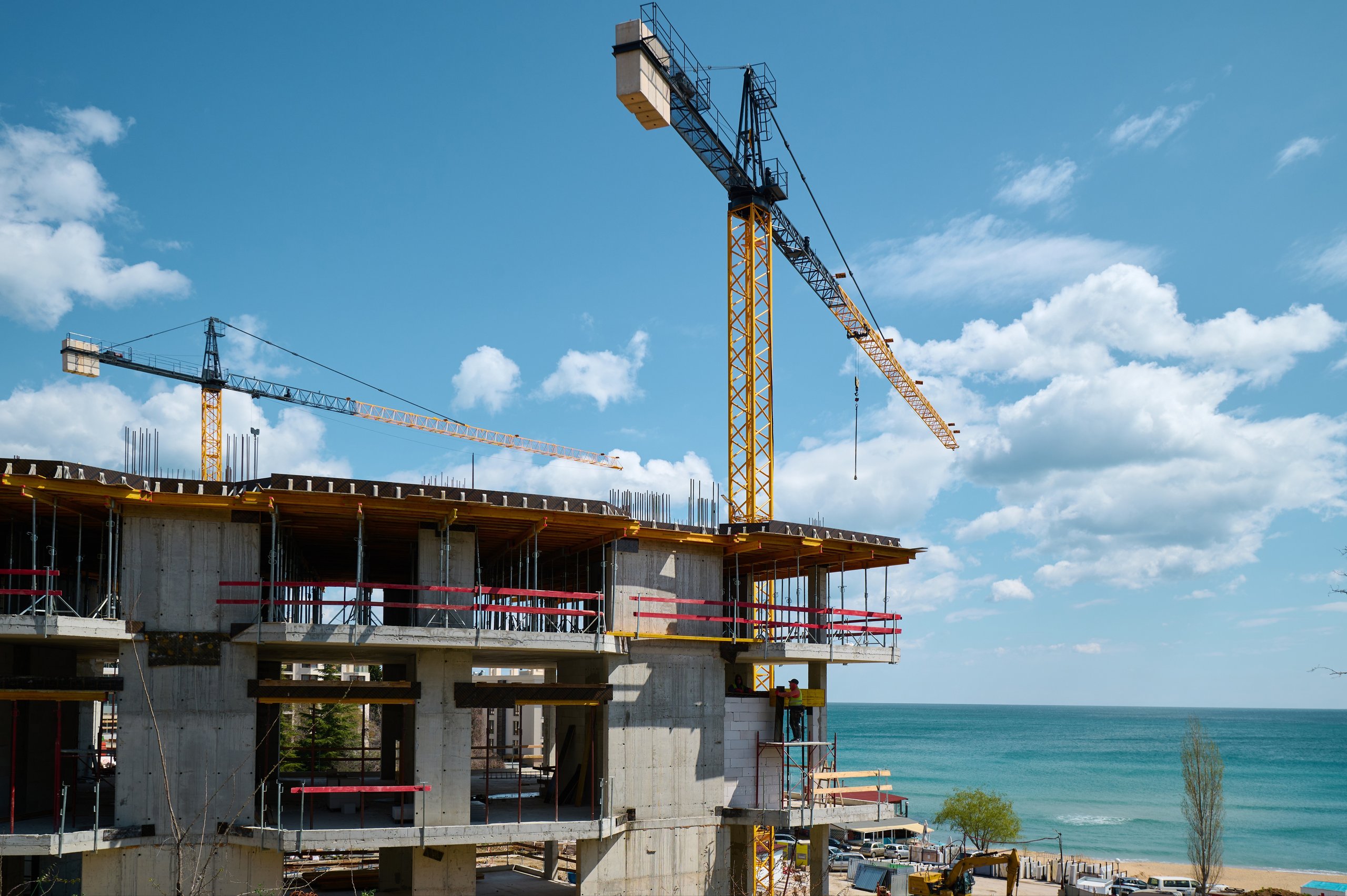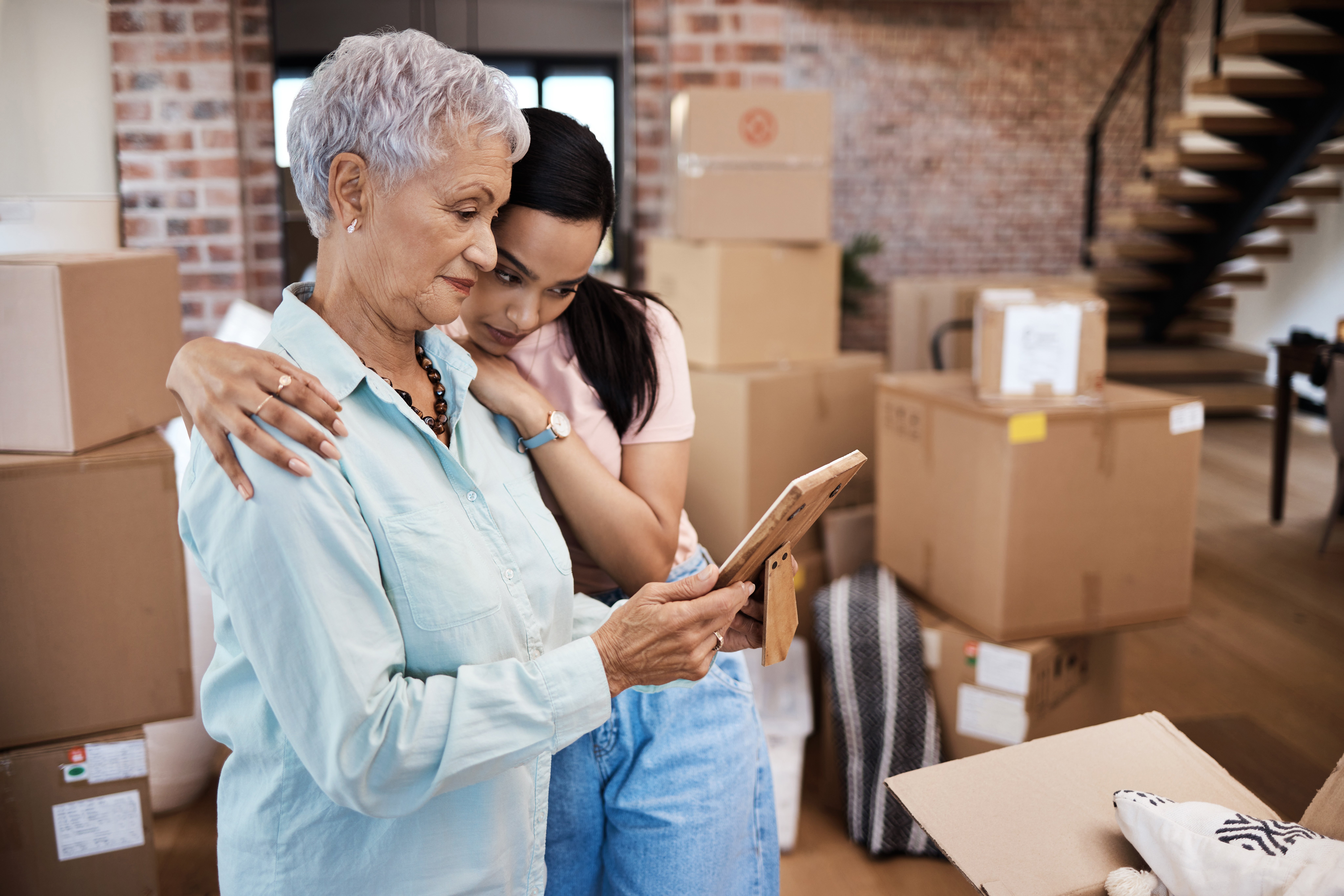The Loire Valley is one of France’s most picturesque and culturally rich regions – a place where medieval towns, riverside vineyards and Renaissance châteaux create a lifestyle that’s both peaceful and well-connected. In fact, UNESCO described it as “an exceptional cultural landscape” when it designated the central Loire Valley a World Heritage Site in 2000. This history is one of the reasons overseas buyers are buying property in the Loire Valley.
But beyond the postcard-perfect scenery lies a region that offers real-world appeal to property buyers. With house prices often lower than those in Provence, the Côte d’Azur or parts of the Dordogne, the Loire is increasingly popular with international buyers looking for value, space and authenticity.
Just 90 minutes from Paris by TGV, the Loire Valley offers easy access to France’s capital, strong infrastructure and a wide range of towns and villages to explore. Whether you’re planning a full-time move, a holiday home or a future relocation, buying property in the Loire Valley could be your route to a better pace of life – without compromising on culture or convenience.
Thinking about starting your search? Browse our curated listings of Houses for sale in France and discover character homes, riverside retreats and city apartments in the Loire Valley and beyond.
Contents

Why you should be buying property in the Loire Valley
The Loire Valley is one of France’s most visually iconic and historically rich regions – and it’s also one of the most liveable. Stretching across the Centre-Val de Loire and Pays de la Loire regions, this part of central France is dotted with hundreds of châteaux, charming riverside towns and peaceful rural communities. Buying here means access to heritage, nature and quality of life – all at prices that are often far more competitive than in Provence, the Côte d’Azur or even parts of the Dordogne.
Well connected by rail and road, the Loire offers a realistic base for full-time living, a holiday retreat or a flexible second home. High-speed TGV trains link cities such as Tours and Angers with Paris in around 90 minutes, and there are regional flights to the UK and wider Europe. That connectivity makes it easy to stay in touch with family, friends and work, even if you’re relocating from abroad.
The region’s appeal lies in its balance: heritage without pretension, calm without isolation, and beauty without the premium price tag. You’ll find lively cities like Orléans and Tours, market towns such as Saumur and Blois, and smaller villages where time seems to slow down. Whether you’re drawn to riverside living, vineyard views or a historic city apartment, the Loire Valley offers variety – and room to breathe.
The climate is another major plus. The Loire is one of France’s most temperate regions, with warm but manageable summers and mild winters – ideal if you’re planning year-round use. This weather helps maintain the valley’s reputation as the Garden of France, home to abundant vineyards, fresh produce and an enviable local food scene.
If you’re still deciding where in France to buy, the Loire Valley offers a compelling blend of culture, nature and accessibility. For a full overview of your options across the country, see our region-by-region guide to buying in France. And if you’re ready to take the next step, our expert overview of how to buy property in France will walk you through the full buying process.
For a closer look at the purchase process, claim your free copy of our France Buying Guide:
Download the France Buying Guide
Property types and what you can get for your money
The Loire Valley offers excellent variety when it comes to housing stock – from honey-stone cottages in quiet villages to elegant apartments in historic cities like Tours and Angers. Whether you’re looking for a lock-up-and-leave holiday base, a renovation project or a primary residence with space and style, the region delivers strong value for money.
One of the Loire’s most attractive features is its affordability compared to more saturated markets like Provence or the Riviera. In the countryside, traditional village houses can start from as little as €120,000–€150,000 for a ready-to-use home, with renovation properties available for less. These often include period features such as wooden beams, tuffeau limestone façades, slate roofs and open fireplaces.
For those seeking more land and privacy, longères – single-storey stone farmhouses – are common across the rural departments of Indre-et-Loire and Maine-et-Loire. These homes typically come with outbuildings, gardens and plenty of potential for guest accommodation or gîte conversions.
In urban centres, expect a mix of old and new. Cities like Orléans and Angers offer 19th-century townhouses, Art Deco apartments and modern developments. Prices remain accessible: a well-maintained apartment in the heart of Tours or Blois might cost between €180,000 and €300,000 depending on size and location.
If you’re considering a property for short-term rental or tourism income, the Loire’s popularity with French and international visitors makes it an attractive option. Properties close to major châteaux or along the popular Loire à Vélo cycle route are in steady demand for holiday lets. For more insights, read our guide to property investment in France.
The diversity of properties also makes the Loire ideal for buyers looking to find affordable property in France without compromising on location or lifestyle. Whether you’re seeking a small bolthole or a spacious family home, the Loire Valley’s property market offers space, character and long-term potential.
If you’re still exploring your options and want to understand how to plan your search, don’t miss our detailed guide on how to find property in France – including what to expect when buying in rural areas, how to use estate agents and when to consider a viewing trip.

Popular towns and villages in the Loire Valley
The Loire Valley stretches across two major administrative regions – Centre-Val de Loire and Pays de la Loire – and is home to a rich mix of historic cities, elegant towns and picture-perfect villages. Whether you’re drawn to vibrant cultural hubs or sleepy riverside communes, there’s a location to suit every type of buyer.
Tours is the region’s largest city and a natural starting point for many buyers. With a thriving university, excellent public transport and a well-preserved medieval centre, it combines convenience with character. Plumereau Square is lined with half-timbered houses and lively cafés, while the city’s food markets, cultural calendar and TGV link to Paris make it a top choice for digital nomads, professionals and retirees alike.
Angers, in the western Loire, is a creative and forward-thinking city that blends heritage with innovation. Its 13th-century château and modern art scene draw tourists year-round, while its healthcare infrastructure (including the highly rated CHU hospital) makes it particularly attractive for full-time residents and families.
Orléans sits at the eastern gateway to the valley and boasts a beautifully restored old town, Gothic cathedral and riverside walks. Famous for its connection to Joan of Arc, it’s also a strategic base for those who want proximity to Paris without the capital’s costs or congestion.
Among the smaller towns, Blois offers grand Renaissance architecture and panoramic views of the river, while Amboise is famed for its château, timbered buildings and links to Leonardo da Vinci, who spent his final years here. These towns attract buyers looking for a blend of charm, amenities and tourism income potential.
The region also boasts some of France’s officially recognised Plus Beaux Villages. Montrésor, with its Renaissance architecture and riverside paths, offers postcard beauty in a tranquil setting. Crissay-sur-Manse and Chédigny are other sought-after villages where stone houses, quiet lanes and rose-covered façades create an idyllic retreat for second-home owners and lifestyle relocators.
Saumur is a long-time favourite thanks to its château, cavalry academy and surrounding vineyards. It’s ideal for those seeking a touch of tradition with easy access to local wine producers and historic markets. Chinon, further west, offers medieval lanes, literary history and easy access to hiking trails and cycle routes.
For a quieter pace of life, look to riverside hamlets and lesser-known towns like Azay-le-Rideau, Langeais or Candes-Saint-Martin – all within reach of heritage sites and natural parks. These locations are particularly well suited to those planning to renovate a home or open a guest business.
If you’re still considering where in France might suit you best, our complete guide to choosing the perfect French location can help narrow your search based on lifestyle, connectivity and property type.
How to buy property in the Loire Valley
Buying property in the Loire Valley follows the same secure and structured process as elsewhere in France – but for overseas buyers, it helps to understand each step in advance to avoid delays and extra costs. Whether you’re relocating, investing or buying a second home, planning ahead can make all the difference.
Start by defining your priorities. Are you looking for a lock-up-and-leave city apartment, a countryside renovation, or a holiday home with rental potential? Knowing what matters most – location, lifestyle, size or budget – will help focus your search.
Once you’ve narrowed your criteria, you can begin speaking with estate agents and booking viewing trips. It’s worth checking our Viewing Trip Guide to understand what to expect when seeing properties in person. In rural areas like the Loire, many homes are not lived in year-round, so booking viewings in advance is essential. Though, you may also want to investigate virtual viewing trips, which are becoming more popular.
After you’ve found the right property, the first legal step is signing a preliminary contract – either a compromis de vente or promesse de vente. This secures the sale and triggers a 10-day cooling-off period for the buyer. A deposit (usually 5–10%) is required at this stage.
The legal side of the transaction is managed by a notaire – a French public official who ensures the process is completed correctly. If you’re not fluent in French, you may also wish to appoint an independent bilingual solicitor to help translate and explain documents.
International buyers often ask whether they can get financing in France – and the answer is yes. Non-residents are usually required to provide a 20–30% deposit, and mortgage approvals are based on income, creditworthiness and affordability. For tailored advice, see our article on how to find a mortgage broker in France.
Once all legal checks are complete, you’ll sign the final deed of sale – the acte de vente – and the property is officially yours. The full process usually takes around 8 to 12 weeks.
To understand the full timeline, fees and paperwork, read our complete overview of the French property buying process. And if you’re buying from outside the eurozone, don’t forget to plan your finances accordingly – a currency specialist can help you avoid poor exchange rates and hidden charges. For more tips, see our article on money-saving tips when buying in France.
Need help getting started? Book a free call with one of our experienced property consultants and we’ll guide you through the next steps with confidence.

Ownership costs and ongoing expenses
Once you’ve purchased a home in the Loire Valley, it’s important to budget for the ongoing costs of ownership. These are typically lower than in more high-profile French regions, but understanding what to expect will help you plan your finances with confidence.
The most significant recurring expense is property tax. France has two main annual taxes:
- Taxe foncière – paid by all property owners, this tax is based on the size, location and classification of your property. In rural areas of the Loire Valley, this can be relatively modest – often between €300 and €1,000 per year for a typical house.
- Taxe d’habitation – largely phased out for primary residences, but still payable on second homes. This varies by commune and property type.
To understand how these taxes work and what rates to expect, explore our full guide to understanding property taxes in France.
Utilities – including electricity, water, heating and waste collection – are comparable to the rest of France, though older stone homes may cost more to heat in winter. Many rural homes rely on individual systems such as septic tanks or oil heating, so it’s worth confirming the setup during your property search.
Maintenance and repairs will depend on the condition and type of property. A newer apartment in Tours will naturally require less upkeep than a 17th-century stone cottage. If you’re buying a home that needs work, it’s wise to get written quotes for renovation or modernisation during the viewing process. For long-term support, see our tips for managing your French property year-round.
Insurance is compulsory in France. For most homes, expect to pay between €150 and €400 per year for basic building and contents insurance, depending on size, value and usage (holiday home vs full-time residence).
If you plan to rent out your home – whether as a gîte, chambre d’hôtes or seasonal let – you’ll also need to consider income tax and registration. For a simplified approach, many owners use the micro-BIC scheme. To understand the financial side of property ownership, visit our overview of costs involved in buying and owning property in France.
Finally, if you’re transferring money from abroad to cover these costs, currency fluctuations can have a big impact. A forward contract or regular payment plan through a currency specialist can help you fix rates and avoid unnecessary fees. For advice tailored to overseas buyers, check out our guide on how to make your essential payments in France efficiently.
Owning a home in the Loire Valley comes with responsibilities – but with careful planning and the right support, it can be surprisingly affordable and rewarding.
FAQs about buying property in the Loire Valley
Yes. The Loire Valley offers a unique mix of architectural heritage, strong transport links and relatively affordable housing. With easy access to Paris, a mild climate and high quality of life, it’s ideal for second homes, retirement, or full relocation.
Absolutely. There are no restrictions on foreign buyers purchasing property in France. Whether you’re from the UK, US, or elsewhere, the process is open and secure. For an overview, see our guide on whether foreigners can buy property in France.
Prices vary depending on location and condition. You can find habitable village houses from €120,000, countryside longères with land from €180,000, and city apartments in places like Tours starting from around €200,000. Renovation properties are available for less. Read more about property types and prices in the Loire.
Yes. Budget around 7–8% of the purchase price for notaire fees and taxes. If you’re buying a new-build, fees are lower (around 2–3%). You’ll also need to consider ongoing costs like local taxes, maintenance, insurance and utilities. Our article on ownership costs in France explains more.
If you’re a non-EU/EEA citizen, you’ll need a long-stay visa to live in France full time. Owning a property does not automatically grant residency. However, there are several options available, including retirement visas. Find out more in our article on visa options in France.









